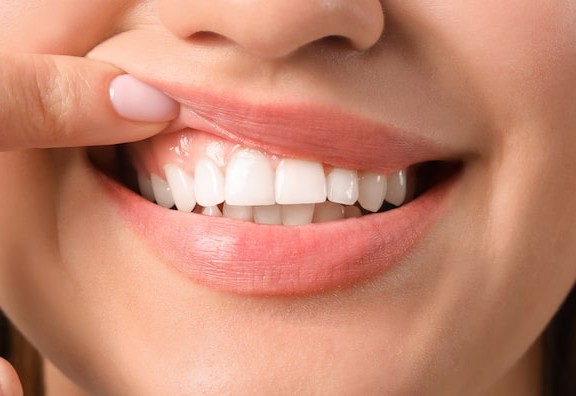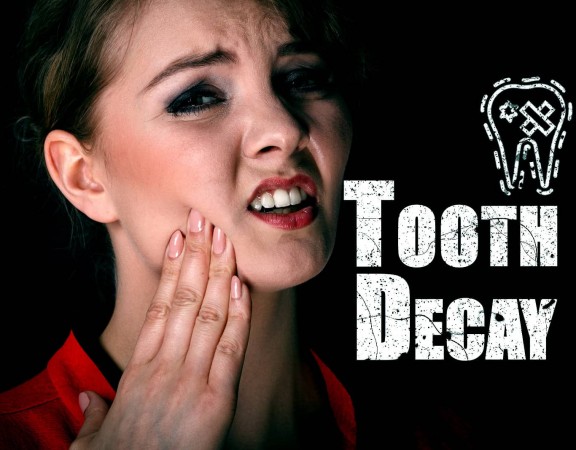 As people age, they tend to worry about aesthetics and health concerns such as wrinkles, saggy skin, kidney failure, lung disorders and heart disease. However, what about the mouth? Most people give little thought to the aging process of the mouth, teeth and gums. Oral health care for seniors is more than just keeping the teeth whiter and avoiding gum disease. Poor oral hygiene can lead to a multitude of other health problems because the mouth happens to be the doorway to the rest of the body.
As people age, they tend to worry about aesthetics and health concerns such as wrinkles, saggy skin, kidney failure, lung disorders and heart disease. However, what about the mouth? Most people give little thought to the aging process of the mouth, teeth and gums. Oral health care for seniors is more than just keeping the teeth whiter and avoiding gum disease. Poor oral hygiene can lead to a multitude of other health problems because the mouth happens to be the doorway to the rest of the body.
Poor dental health impacts a person’s overall health as well as increases the risk for diabetes and heart disease. While diabetes alone creates health risks and complications, there is also a proven link between gum disease and heart disease.
According to the American Academy of Periodontology, patients with periodontitis are twice as likely to have coronary artery disease or heart disease. Periodontitis is severe gum disease consisting of tissue inflammation around the teeth which causes shrinkage of the gums and tooth loss. Pneumonia has also been linked to poor oral health with seniors. As a person inhales, droplets of bacteria can move from the mouth to the lungs and cause health issues.
Dry mouth, or a reduction in saliva production, is a common issue among the elderly. However, many people do not know that consistent dry mouth can negatively impact the rest of the body. Saliva is designed to keep the mouth wet and protect the teeth from decay and gum disease. Saliva prevents infection by controlling bacteria, viruses and fungi within the mouth. Dry mouth can naturally occur as a person ages but it is also caused by certain over-the-counter medications. Seniors should talk to their doctor and their dentist about dry mouth symptoms. The doctor might be able to change the medication or the dentist can recommend methods to restore moisture.
Tooth and root decay can lead to gum disease, nutritional deficiency and a whole host of health issues. Tooth decay transpires due to poor oral care and lifestyle choices including the use of tobacco products, sugary foods and caffeinated beverages. Root decay is caused by root exposure as the gum tissue recedes from the tooth. Since the root doesn’t have protection from enamel, it becomes sensitive and prone to decay which can result in tooth loss.
Following tooth loss, many people turn to dentures. If denture wearers are not careful, they can develop denture-induced stomatitis which is an inflammation of the tissue underlying the denture. Poor fitting dentures can also cause denture-induced stomatitis. Proper oral hygiene, even with dentures, is essential for a healthy mouth.
It is important for seniors to maintain daily oral care such as brushing their teeth twice a day, using an antiseptic mouthwash once or twice a day, flossing once a day and having regular cleanings at the dentist. Seniors should use a toothbrush with soft bristles and toothpaste which contains fluoride. In addition, drinking tap water can provide a source of fluoride and can help prevent tooth decay. The use of an electric toothbrush and floss may benefit seniors who find it difficult to care for their mouth.
Patients who have trouble caring for their mouth due to arthritis or other debilitating issues may need the help of loved ones to maintain proper oral health. Anyone who wears full or partial dentures should remove and clean them on a daily basis. For a healthier mouth, it is recommended to remove dentures for at least 4 hours every day.





